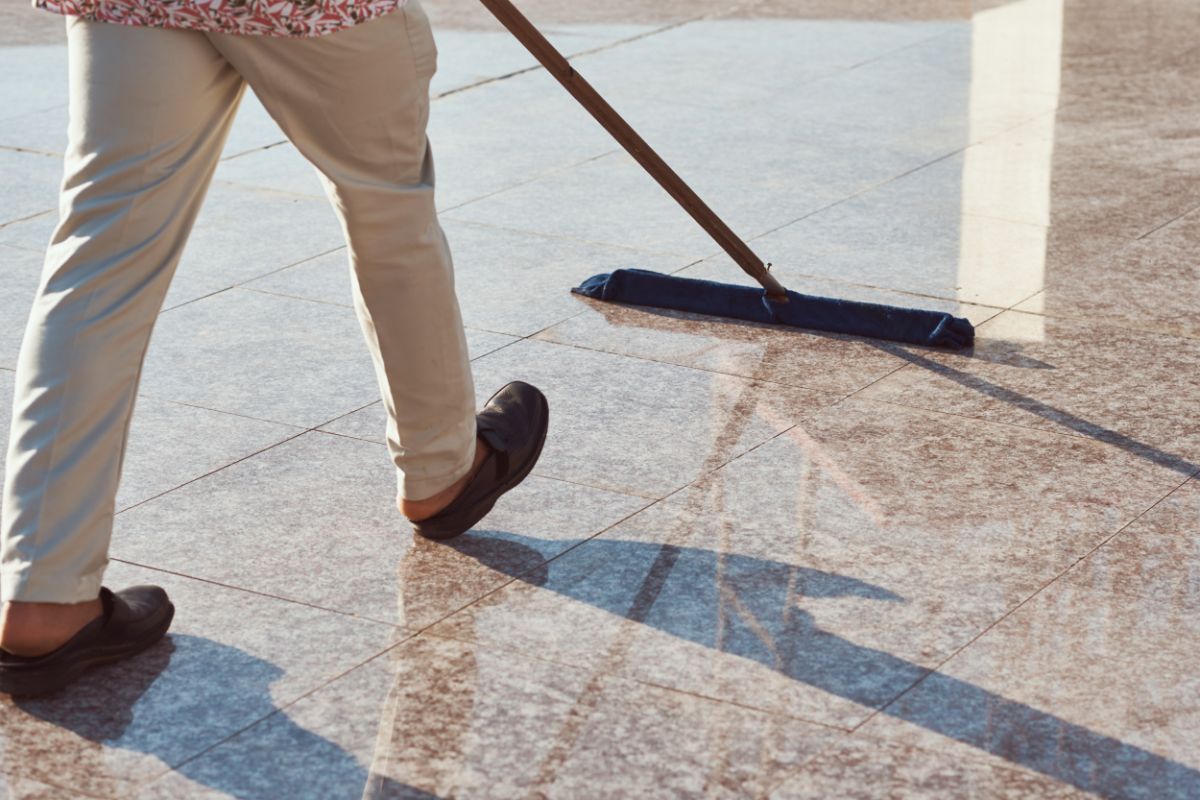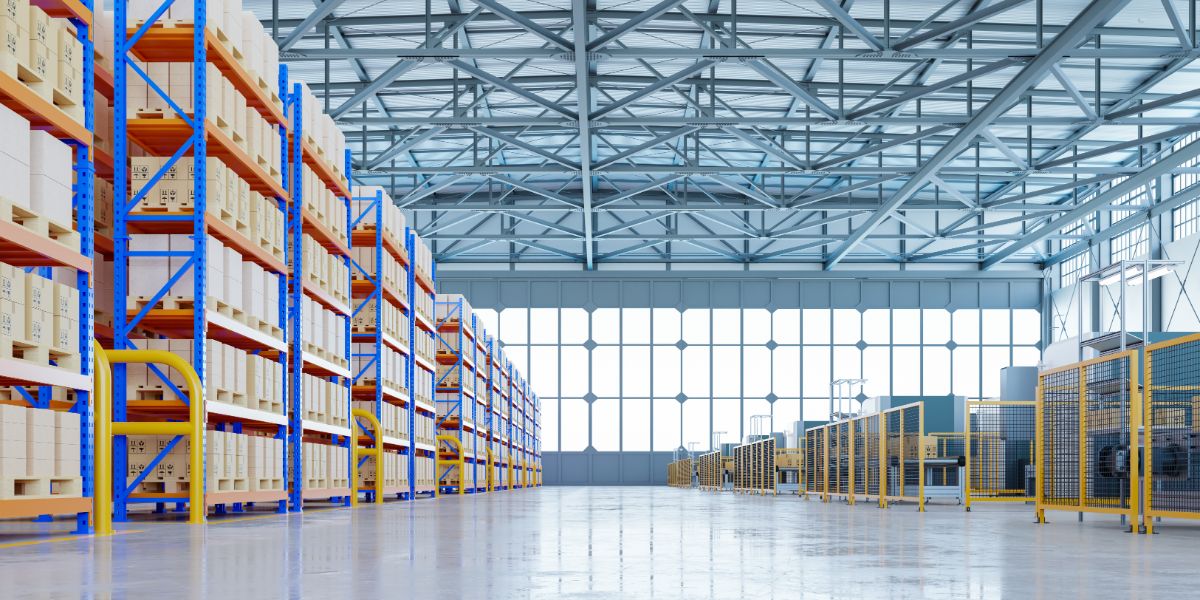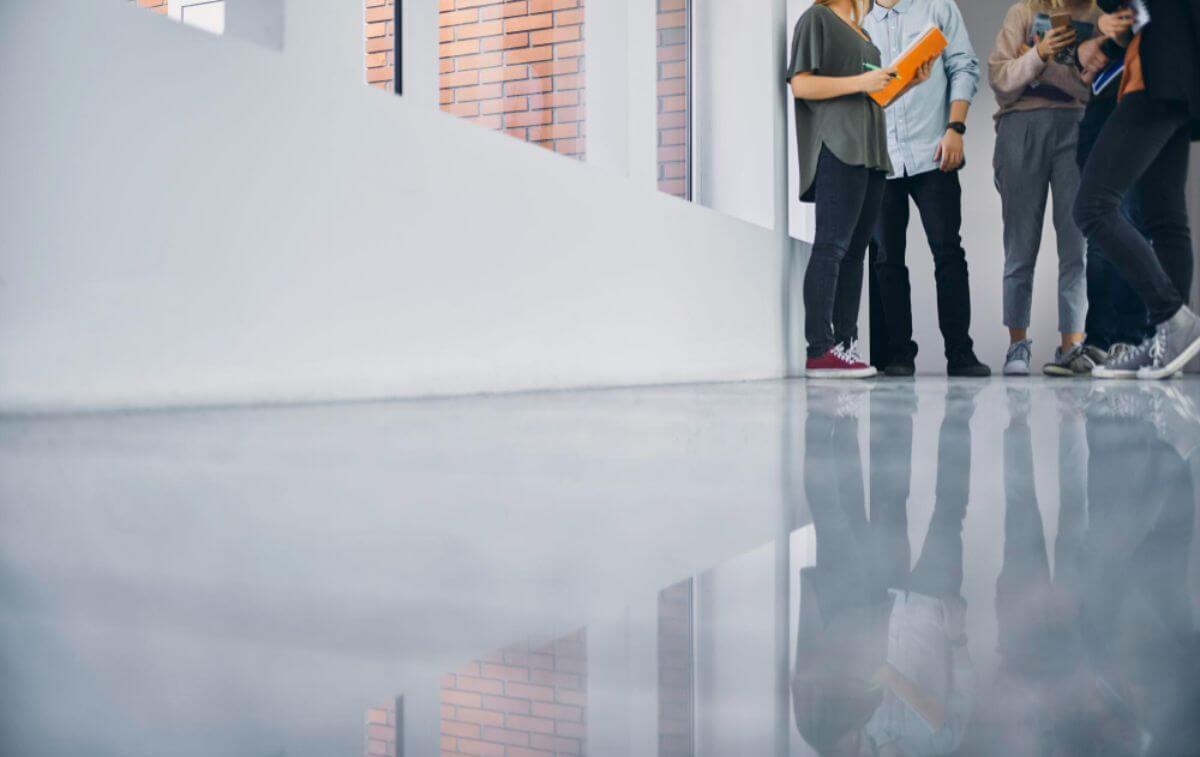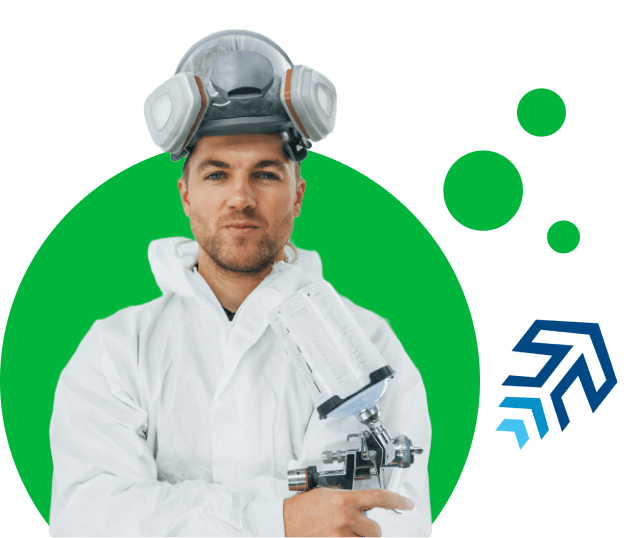Epoxy Coating Vs Self-Leveling Epoxy

What are the differences between epoxy coating vs self-leveling epoxy?
- Application
- Result
When it comes to flooring installations, one popular option is epoxy. Epoxy floors are widely recognized for being robust, durable, resistant to chemicals, decorative, and easy to maintain. But there are a variety of epoxy products that can be used for flooring. In this article, you will learn about epoxy coating vs self-leveling epoxy.
Both epoxy coatings and self-leveling epoxy are great options for commercial and industrial applications. Both offer a seamless finish, and there are also plenty of options to choose from. Self-leveling epoxy is actually a type of epoxy coating, but there is a difference when it comes to formulation and application. This means that the result will also be different. If you’re interested to learn more about epoxy and self-leveling epoxy, keep on reading.
Application
Epoxy coatings are usually applied by using a roller. Self-leveling epoxy is a type of epoxy coating, so to differentiate, it will be compared with roller-applied epoxy coatings. For those who are looking to DIY their floors, roller-applied epoxy coatings are easier to apply. The process involves using a roller, which is similar to painting a wall.
On the other hand, the application of self-leveling epoxy is more complex because it requires more knowledge, experience, and special tools. For instance, a team of installers will need to wear spiked shoes and use a spiked roller. The application can also become messy easily. To install self-leveling epoxy, the product is poured on the floor and spread out with a spreading rake. The spiked roller will be used to smooth out the coating.
Self-leveling epoxy needs to be applied at a minimum thickness of 2 mm to achieve the best result. Compared to that, epoxy coatings that are applied using a roller will consume less product.
Result

Epoxy coatings and self-leveling epoxy can both create seamless floors. But as indicated in the name, self-leveling epoxy self-levels and spreads throughout a floor to create a seamless surface. It can achieve an even and smooth finish that hides imperfections.
While roller-applied epoxy coatings are easier to apply, they tend to leave a slightly rougher texture — also called an orange peel effect. This is because of the thinner layer applied. But with a trained and experienced professional, you will achieve the best results.
The advantage of roller-applied epoxy coatings is that they’re easier to repair when there are defects in the finish. Another thin coat of epoxy can be applied on top. On the other hand, self-leveling epoxy will require more product, since it requires a certain thickness to achieve a smooth finish.
Key Takeaway
There might be a difference in formulation, application, and finish, but both epoxy coatings and self-leveling epoxy are both great products for improving flooring in commercial and industrial facilities.
If you want to know more about epoxy coating vs self-leveling epoxy, you can contact us here at Flooring Solutions! We can recommend the right product for your flooring needs. To remove the hassle of installation, we can also take care of surface preparation and application too.





